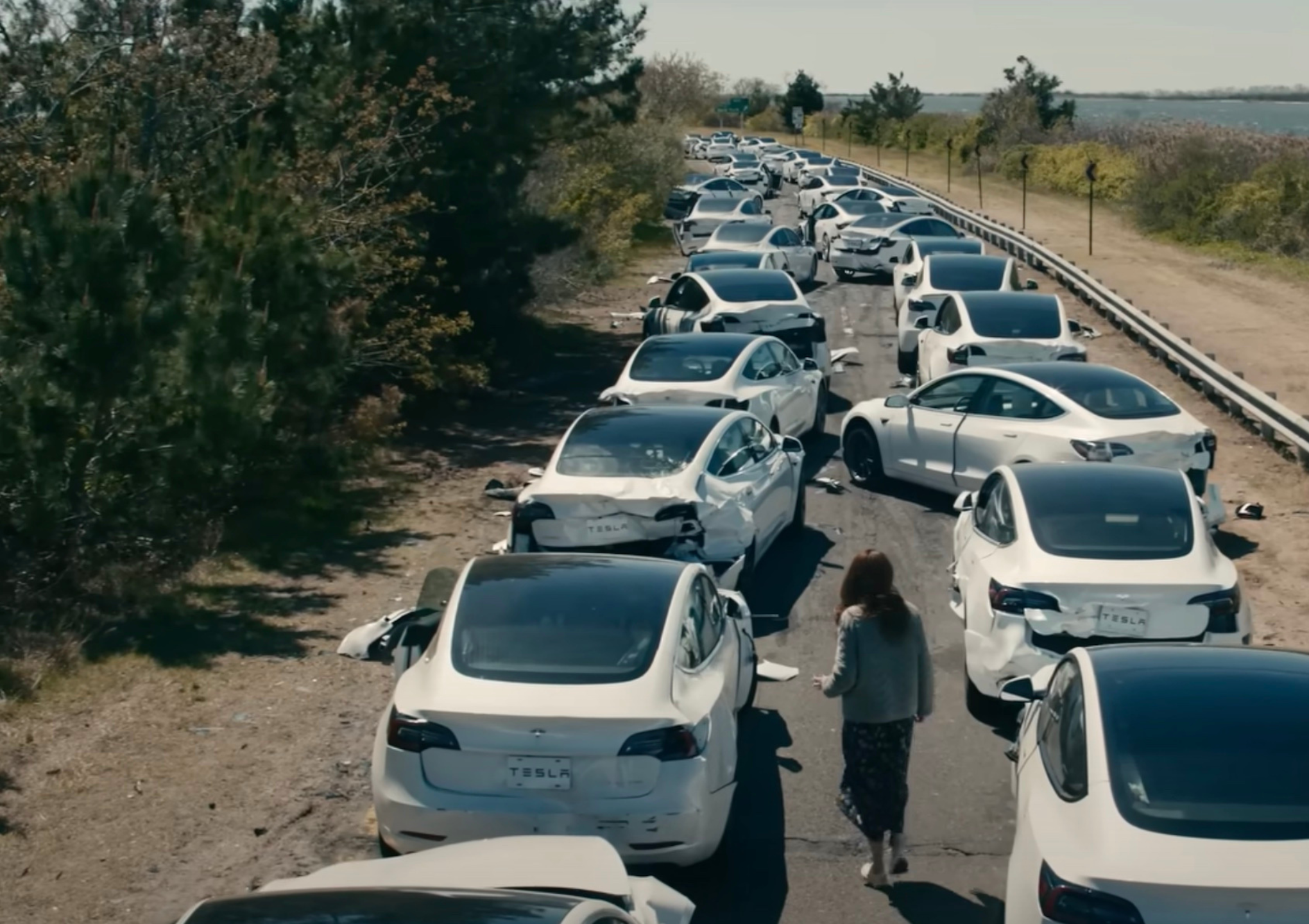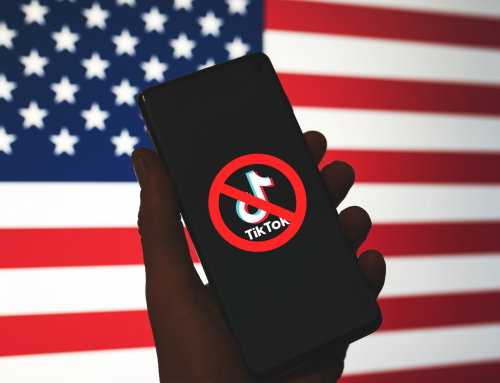Photo: Netflix, Leave the World Behind
In a world where cars are not just a means of transportation, but also data octopuses on wheels, alarm bells are ringing. Both the USA and China see the increasing networking of vehicles as a serious threat. However, it is not only national security that is at stake – the safety and independence of women is also endangered by this technology.
A digital arms race on four wheels
The relationship between the US and China is notoriously tense, and now this rivalry has reached a new dimension: connected vehicles. Both nations recognize that data collection and sharing by these cars is a potential threat. While China has already taken drastic measures such as driving bans on certain foreign models, the White House is still looking for effective solutions. These vehicles, warns US President Joe Biden, could not only collect sensitive data, but could also be manipulated remotely – a horror scenario for any nation.
The dilemma of data
The concerns are not unfounded. Connected cars can do far more than just track your location. They are able to collect detailed information about driving behavior, preferences and even conversations in the vehicle. This data could not only be used for commercial purposes, but could also be a gateway for government surveillance and sabotage. Biden emphasizes the importance of being vigilant with regard to vehicles from “questionable countries” and has ordered corresponding investigations.
A hidden risk for women
In addition to national security concerns, the increasing connectivity of cars reveals another profound problem: the use of this technology to monitor and harass women. Jessica Rosenworcel, the head of the US telecommunications authority FCC, is sounding the alarm. Connected features in cars are increasingly being misused in violent relationships to stalk and control victims. The overwhelming majority of perpetrators are men who target female victims. A car that is supposed to be a symbol of freedom can thus become a trap.
Rethinking the future of mobility
It is clear that the technology behind connected cars not only offers opportunities, but also poses serious risks. While national security is threatened by international rivalries, personal safety is at risk from the misuse of these technologies. The discussion and development of policies to protect citizens and especially the most vulnerable groups is more urgent than ever. The stakes are high – the freedom, security and independence of every individual.
The future of mobility must therefore be shaped with caution and responsibility. The call for transparent guidelines, effective security measures and the protection of privacy is becoming ever louder. This is the only way to ensure that the benefits of technology are realized without sacrificing the freedom and safety that matter most to us.
Connected cars in the US – A threat to national security and women?
Alarm bells are now ringing in a world where cars are not just a means of transportation, but also data octopuses on wheels. Both the USA and China see the increasing networking of vehicles as a serious threat. However, it is not only national security that is at stake – the safety and independence of women is also endangered by this technology.
A digital arms race on four wheels
The relationship between the US and China is notoriously tense, and now this rivalry has reached a new dimension: connected vehicles. Both nations recognize that data collection and sharing by these cars is a potential threat. While China has already taken drastic measures such as driving bans on certain foreign models, the White House is still looking for effective solutions. These vehicles, warns US President Joe Biden, could not only collect sensitive data, but could also be manipulated remotely – a horror scenario for any nation.
The dilemma of data
The concerns are not unfounded. Connected cars can do far more than just track your location. They are able to collect detailed information about driving behavior, preferences and even conversations in the vehicle. This data could not only be used for commercial purposes, but could also be a gateway for government surveillance and sabotage. Biden emphasizes the importance of being vigilant with regard to vehicles from “questionable countries” and has ordered corresponding investigations.
A hidden risk for women
In addition to national security concerns, the increasing connectivity of cars reveals another profound problem: the use of this technology to monitor and harass women. Jessica Rosenworcel, the head of the US telecommunications authority FCC, is sounding the alarm. Connected features in cars are increasingly being misused in violent relationships to stalk and control victims. The overwhelming majority of perpetrators are men who target female victims. A car that is supposed to be a symbol of freedom can thus become a trap.
Rethinking the future of mobility
It is clear that the technology behind connected cars not only offers opportunities, but also poses serious risks. While national security is threatened by international rivalries, personal safety is at risk from the misuse of these technologies. The discussion and development of policies to protect citizens and especially the most vulnerable groups is more urgent than ever. The stakes are high – the freedom, security and independence of every individual.
The future of mobility must therefore be shaped with caution and responsibility. The call for transparent guidelines, effective security measures and the protection of privacy is becoming ever louder. Only in this way can we ensure that the benefits of technology are harnessed without sacrificing the freedom and security that are most important to us.







